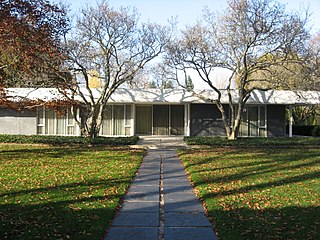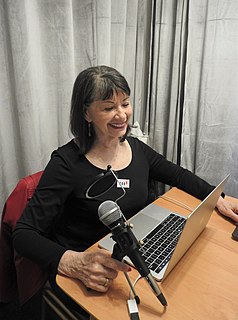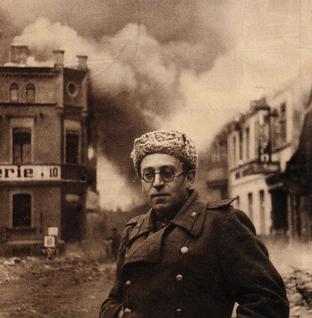A Quote by John Lancaster Spalding
As our power over others increases, we become less free; for to retain it, we must make ourselves its servants.
Related Quotes
Men in great place are thrice servants; servants of the sovereign state, servants of fame, and servants of business; so as they have no freedom, neither in their persons, nor in their actions, nor in their times. It is a strange desire to seek power and to lose liberty; or to seek power over others, and to lose power over a man's self.
Giving up attachment to the world does not mean that you set yourself apart from it. Generating a desire for others to be happy increases your humanity. As you become less attached to the world, you become more humane. As the very purpose of spiritual practice is to help others, you must remain in society.
In the search for character and commitment, we must rid ourselves of our inherited, even cherished biases and prejudices. Character, ability and intelligence are not concentrated in one sex over the other, nor in persons with certain accents or in certain races or in persons holding degrees from some universities over others. When we indulge ourselves in such irrational prejudices, we damage ourselves most of all and ultimately assure ourselves of failure in competition with those more open and less biased.
The impulse to make ourselves safer by making ourselves less free is an old one ... When we are badly frightened, we think we can make ourselves safer by sacrificing some of our liberties. We did it during the McCarthy era out of fear of communism. Less liberty is regularly proposed as a solution to crime, to pornography, to illegal immigration, to abortion, to all kinds of threats.
If we don't love ourselves, we would not love others. When someone tell you to love others first, and to love others more than ourselves; it is impossible. If you can't love yourselves, you can't love anybody else. Therefore we must gather up our great power so that we know in what ways we are good, what special abilities we have, what wisdom, what kind of talent we have, and how big our love is. When we can recognize our virtues, we can learn how to love others.
In our concern for others, we worry less about ourselves. When we worry less about ourselves an experience of our own suffering is less intense. What does this tell us? Firstly, because our every action has a universal dimension, a potential impact on others' happiness, ethics are necessary as a means to ensure that we do not harm others. Secondly, it tells us that genuine happiness consists in those spiritual qualities of love, compassion, patience, tolerance and forgiveness and so on. For it is these which provide both for our happiness and others' happiness.
For loving, working, and creative people to throw off the yoke of power it is necessary to abolish power itself, not merely to make the yoke comfortable. Where some have power, others do not, and the two classes persist. A free society is where all have power-power over and responsibility for their own lives, power and reason to respect the lives of others. This is also a society without classes, a society of human beings, not rulers and the ruled.
In overlooking, denying, evading this complexity--which is nothing more than the disquieting complexity of ourselves--we are diminished and we perish; only within this web of ambiguity, paradox, this hunger, danger, darkness, can we find at once ourselves and the power that will free us from ourselves. It is this power of revelation that is the business of the novelist, this journey toward a more vast reality which must take precedence over other claims.
What has been the effect of coercion? To make one half the world fools, and the other half hypocrites. To support roguery and error all over the earth.... [Instead] reason and persuasion are the only practicable instruments. To make way for these, free enquiry must be indulged; and how can we wish others to indulge it while we refuse it ourselves?

































